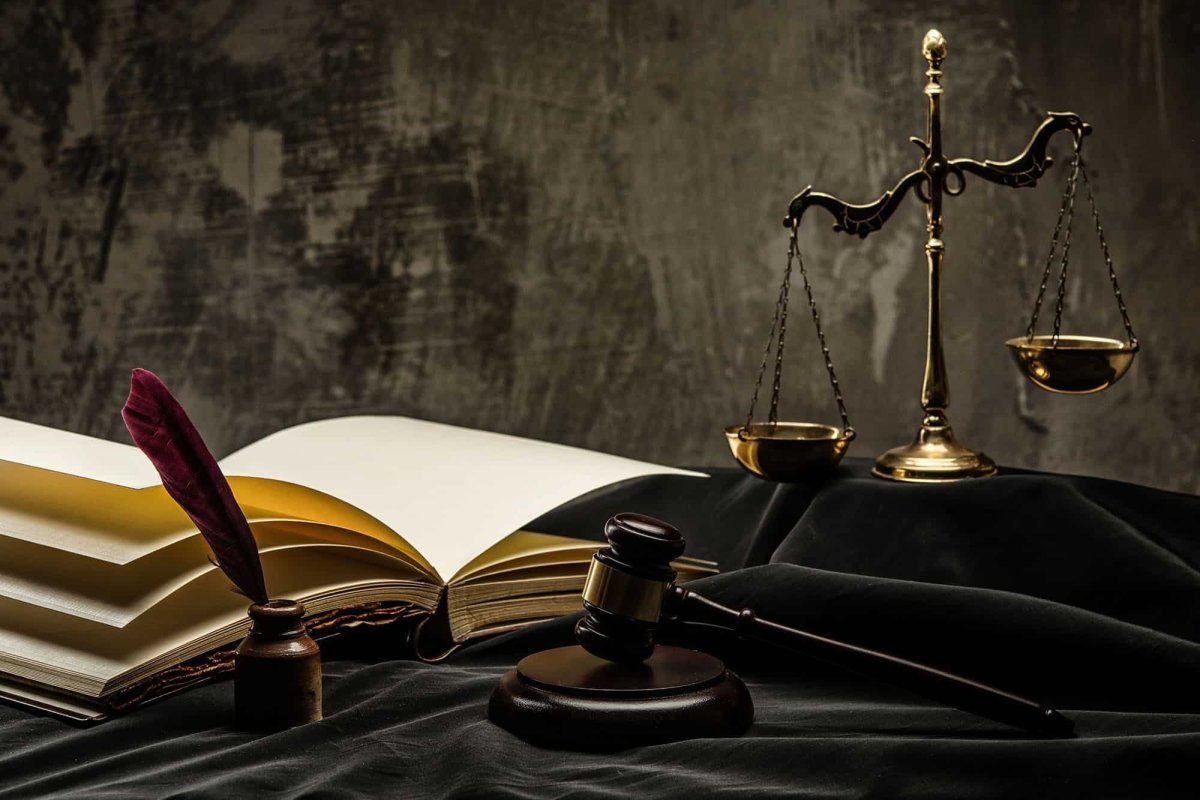Legal Regulation of the Presidential Elections in Ukraine: Current Legislation and Prospects for Reforms
Introduction
The presidential election in Ukraine is a key element of the democratic process and one of the most important political events in the country. They determine not only the future head of state, but also the political course for the coming years. Legal regulation of presidential elections should ensure transparency, fairness and compliance with democratic standards. In this article, we will analyze the current legislation governing the presidential election in Ukraine and the prospects for its reform.
Current legislation
The Constitution of Ukraine
The main provisions on the election of the President of Ukraine are enshrined in the Constitution of Ukraine. In particular, Article 103 stipulates that the President of Ukraine is elected by the citizens of Ukraine on the basis of universal, equal and direct suffrage by secret ballot for a term of five years.
The Law of Ukraine "On Elections of the President of Ukraine"
This law is the main legal act that regulates the presidential election procedure in detail. It defines:
- Conditions and procedure for nominating candidates: Candidates can be nominated by political parties or they can be self-nominated.
- The procedure for conducting election campaigning: Restrictions on the use of administrative resources and rules for financing campaigning are established.
- Voting and vote counting procedure: Defines the procedure for organizing polling stations, voting and counting.
- The role of the Central Election Commission: Defines the powers of the CEC in ensuring the organization and conduct of elections.
Other regulatory acts
- The Criminal Code of Ukraine: Contains provisions on criminal liability for violation of electoral legislation.
- The Code of Administrative Procedure of Ukraine: Regulates the procedure for consideration of electoral disputes.
Prospects for reforms
1. Introduction of electronic voting
One potential reform is the introduction of electronic voting. This could increase convenience for voters, particularly those abroad or in remote areas. However, it also requires addressing cybersecurity and trust in electronic systems.
2. Financing of election campaigns
Currently, there are problems with transparency of campaign finance. Reforms could include strengthening control over financial flows, introducing stricter reporting rules and increasing the role of independent audits.
You may be interested in the following articles: ,lawyer consultation ,lawyer consultation ,analysis written consultation, verification of documents by a lawyer,Legal opinion, Writing a lawyer's request, lawyer's request, analysis of the situation by a lawyer, analysis of the situation by a lawyer, Litigation, legal services, legal services, lawyer, lawyer services, lawyers online, legal services online, legal services online, legal assistance online, legal advice, legal services online, legal advice, lawyer consultation, lawyer consultation, types of legal services,
3. Protection of voting rights of internally displaced persons (IDPs)
IDPs face numerous obstacles in exercising their right to vote. Reforms should ensure that registration and voting procedures are simplified for this category of citizens.
4. Increase transparency and accountability
Ensuring the transparency of the electoral process is key to public confidence in the election results. Possible reforms include expanding the powers of observers, introducing open voter registers, and increasing the level of accountability of election commissions.
Conclusion.
Legal regulation of the presidential election in Ukraine is an important element of ensuring democratic processes in the country. The current legislation contains basic provisions regulating the electoral process, but requires further improvement. The introduction of electronic voting, strengthening control over campaign finance, protection of IDPs' rights, and increasing transparency of the electoral process are key areas for potential reforms.




































